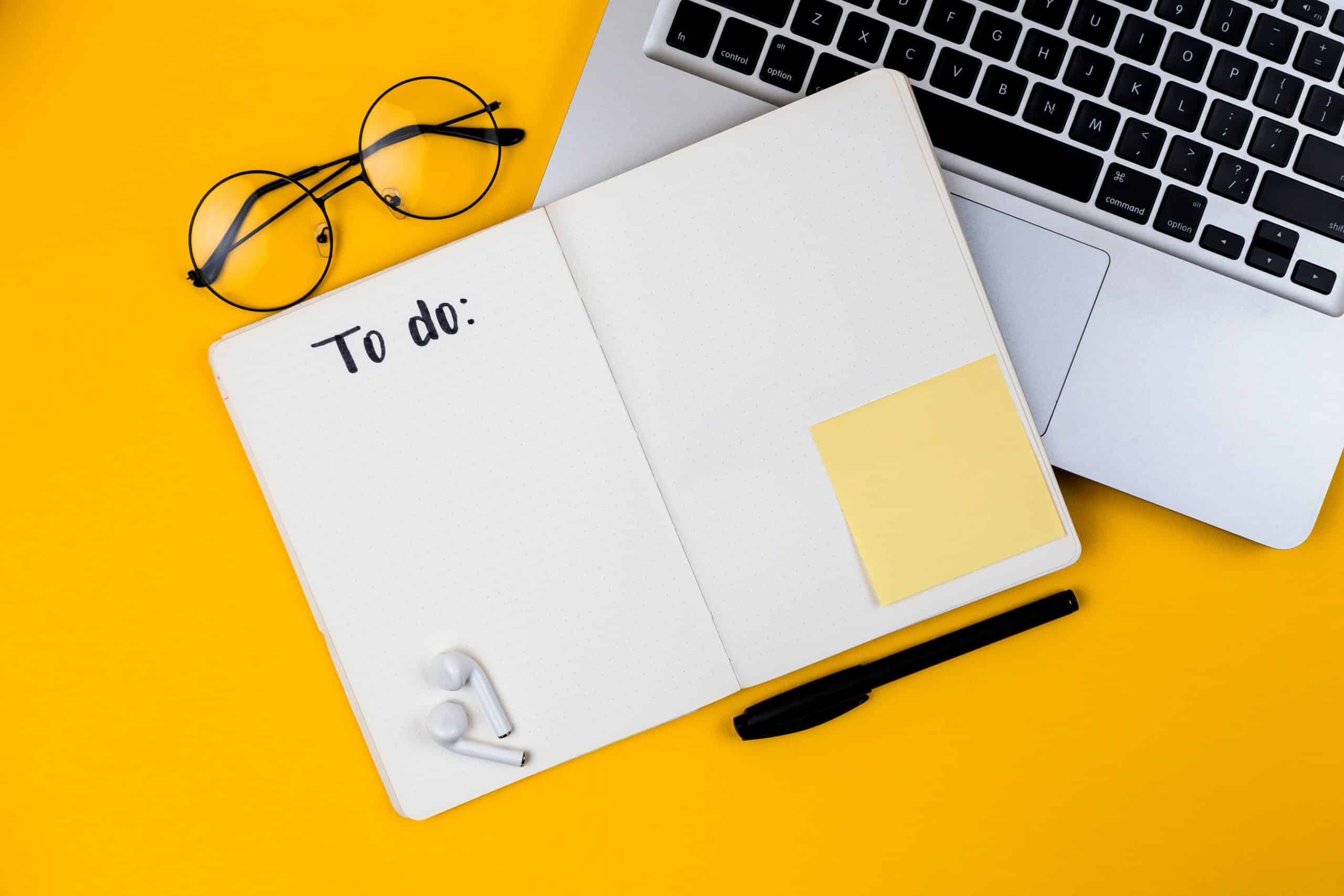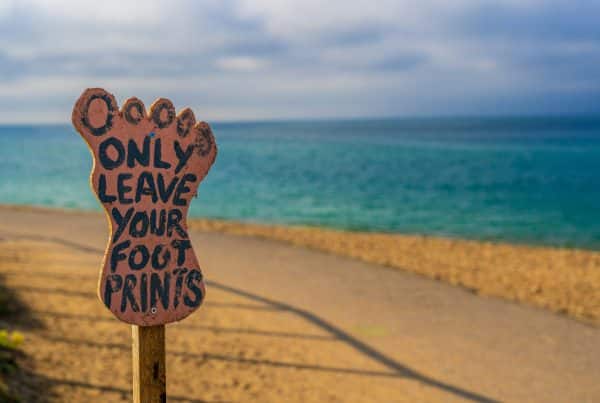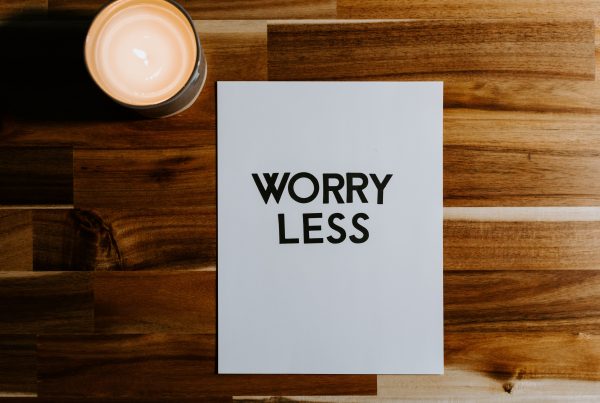How to pay yourself as a sole trader or as a company
Your business structure affects how you take pay and how you’re taxed on that pay. If you’ve never done anything to set up a specific business structure, then you’re automatically considered a sole trader.
How to pay yourself as a sole trader or partnership.
Sole traders and partnerships pay themselves simply by withdrawing cash from the business. Those personal withdrawals are counted as profit and are taxed at the end of the year. Set aside a percentage of your earnings in a separate bank account throughout the year so you have money to pay the tax bill when it’s due.
How to pay yourself as a company
Company owners often pay themselves a salary, which works the same way as with a normal job. The salary shows as an expense on the business books and the owner pays personal income tax on it. It’s common for owners of smaller companies to take a modest salary and top it up with dividends from profits.
Get tax advice
While a salary might sound nice, there’s extra admin and extra costs to being a company. The numbers don’t always stack up, so definitely speak to an accountant or tax professional to decide what’s right for you.
How much to pay yourself
Once you’ve decided how to pay yourself as a business owner, you still need to decide what to pay yourself. That number needs to strike a balance between what your household requires and what your business needs.
What the business needs
You need to leave enough cash in the business to cover:
- Expenses: Keep a formal list of what you owe and when it’s due so you don’t draw too much from the business at the wrong time. Accountants say it doesn’t go well when business owners try to guesstimate their cash flow requirements. Keep some money aside for taxes too.
- Rainy day funds: Tuck away some cash to ride out business disruptions. You might keep enough aside to cover 30, 45 or 90 days worth of expenses, for example.
- Reinvestment: Hold onto some money for developments and improvements. Someday you’ll want to buy new work tools, try a new marketing idea, or hire a consultant.
What the household needs
Your household budget needs to cover day-to-day living expenses and debt repayments such as mortgages. Don’t forget to make a plan for insurance and retirement, which your employer may have managed before you went out on your own.
Finding a balance
There will be negotiable items in both the home and business budgets. Be prepared for some give and take – especially during the early days of your business.
Typical business owner salary or pay
Most business owners take only modest weekly or monthly pay – just enough to meet household living expenses. The rest of the cash is left in the business where it acts as a float to cover against a lull in revenue or unexpected business expense. If cash reserves build up in the business, an owner might take out extra ‘bonus’ payments.
So while there aren’t any worthwhile stats on average business owner salary or income (each business is different after all), their regular pay tends to be conservatively low.
How to pay yourself fairly as a business owner
Irrespective of how much you pay yourself, be fair about it. Pay yourself a consistent amount at frequent intervals. That predictability will help you run a functional home budget.
This is where the rainy day fund for your business can help. Having a reserve of cash in the business reduces the need to dip into your own pocket when there’s an unexpected expense at the shop or office. And having that financial security in your personal life helps clear your head to be a better business manager.
An accountant or bookkeeper can help you figure out how to pay yourself as a business owner. They’ll help you work out an amount for now and a plan for the future.





